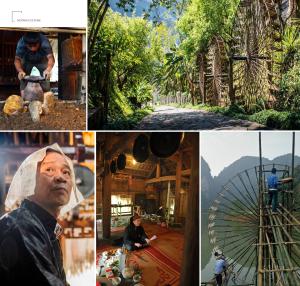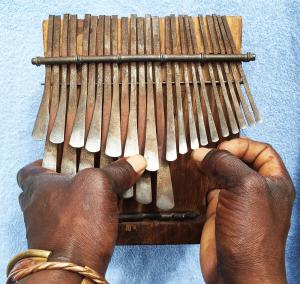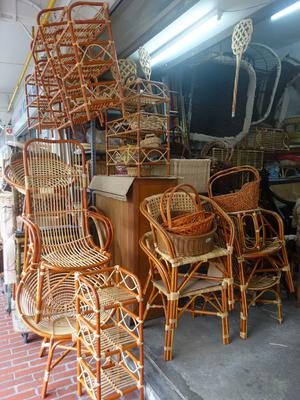Mangejing is one of the most significant socio-cultural rituals of the Marapu Indigenous Religion community of Kanatang district, East Sumba, East Nusa Tenggara Province, Indonesia. This ritual used to be undertaken on an annual basis synchronised to the agricultural harvest, but in recent decades has only been performed around once every decade.
Mangejing takes place over a period of one week and at a series of set locations which have historic and religious significance in and around a clan village. Although many aspects of the event are undertaken by specialists in oral tradition, music, song and ritual, the entire village and representatives from surrounding clans also take part.
Mangejing incorporates a wide range of intangible and tangible cultural expressions including ritual parallel speech, song, music, dance, traditional games, weaving, carving, goldsmithing and the performative aspects of ritual.
Marapu ritual specialist Umbu Timbu Wohangara explains the purpose of the ritual: “There are several requests we make to our clan ancestors through the Mangejing ritual. We request for more offspring for our clan, and protection from sickness. We request to increase our life span and for our livestock and crops to flourish. That is what we ask for within the Mangejing ritual. It is the most difficult and taxing ritual, because what we are asking for is so much.”
From the 6-12 of November 2021, via support from the Lii Marapu program, the Mangejing ritual hosted by the Karungguwatu clan of Padadita village was video documented. An excerpt from this documentation can be found here
Text by Joseph Lamont
03-21-2024
| References | Lamont, J., Remi, U., Setiati, R., Jawamara, A.K., & Grant, C. (in press). Integrating the arts of Indigenous religion adherents into global development initiatives: A case study from Indonesia. In Routledge Handbook on Arts and Global Development (eds. Vicki-Ann Ware, Kirsten Sadeghi-Yekta, Tim Prentki, et al). Oxon, UK: Routledge. 7,000 words. | |

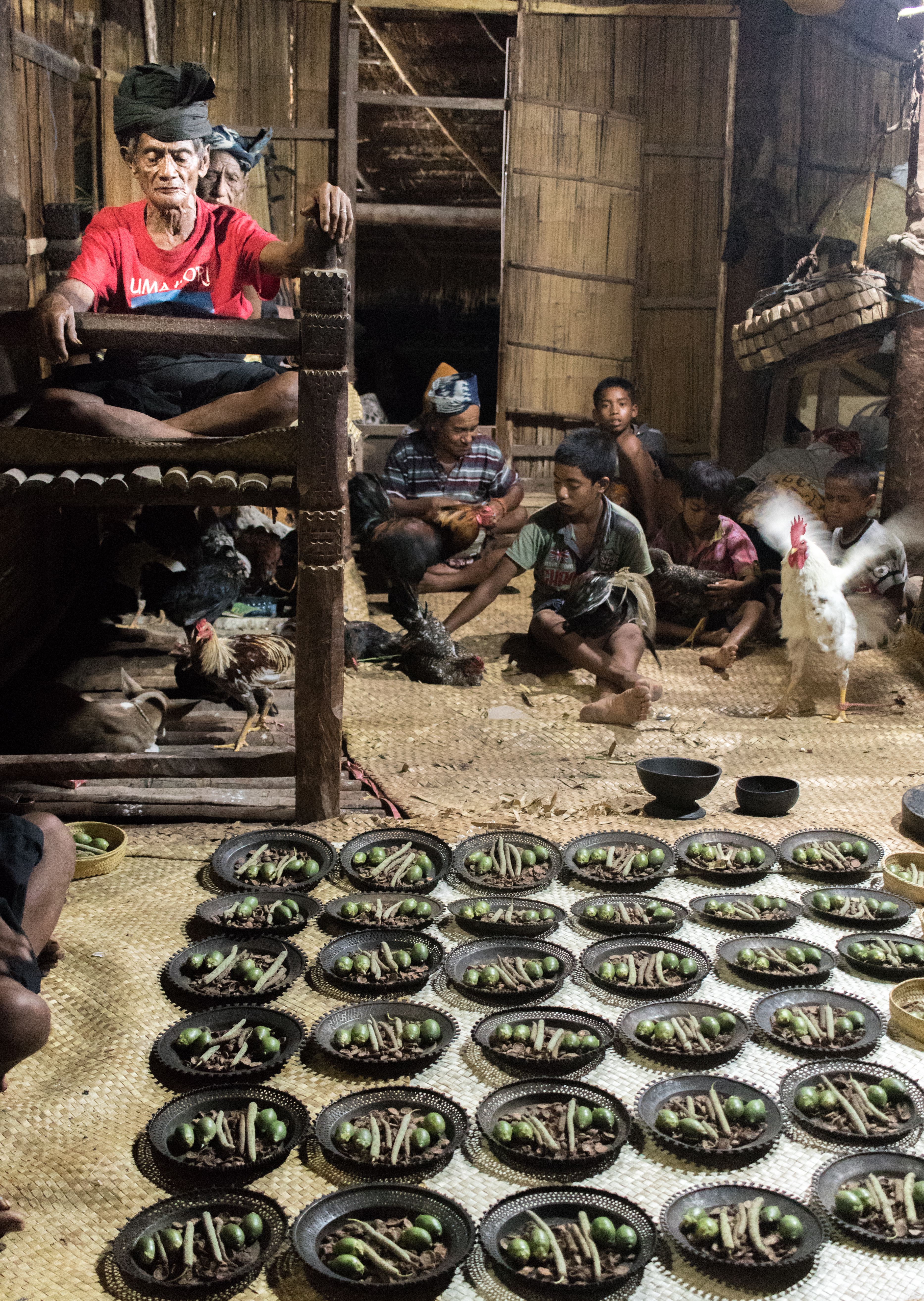

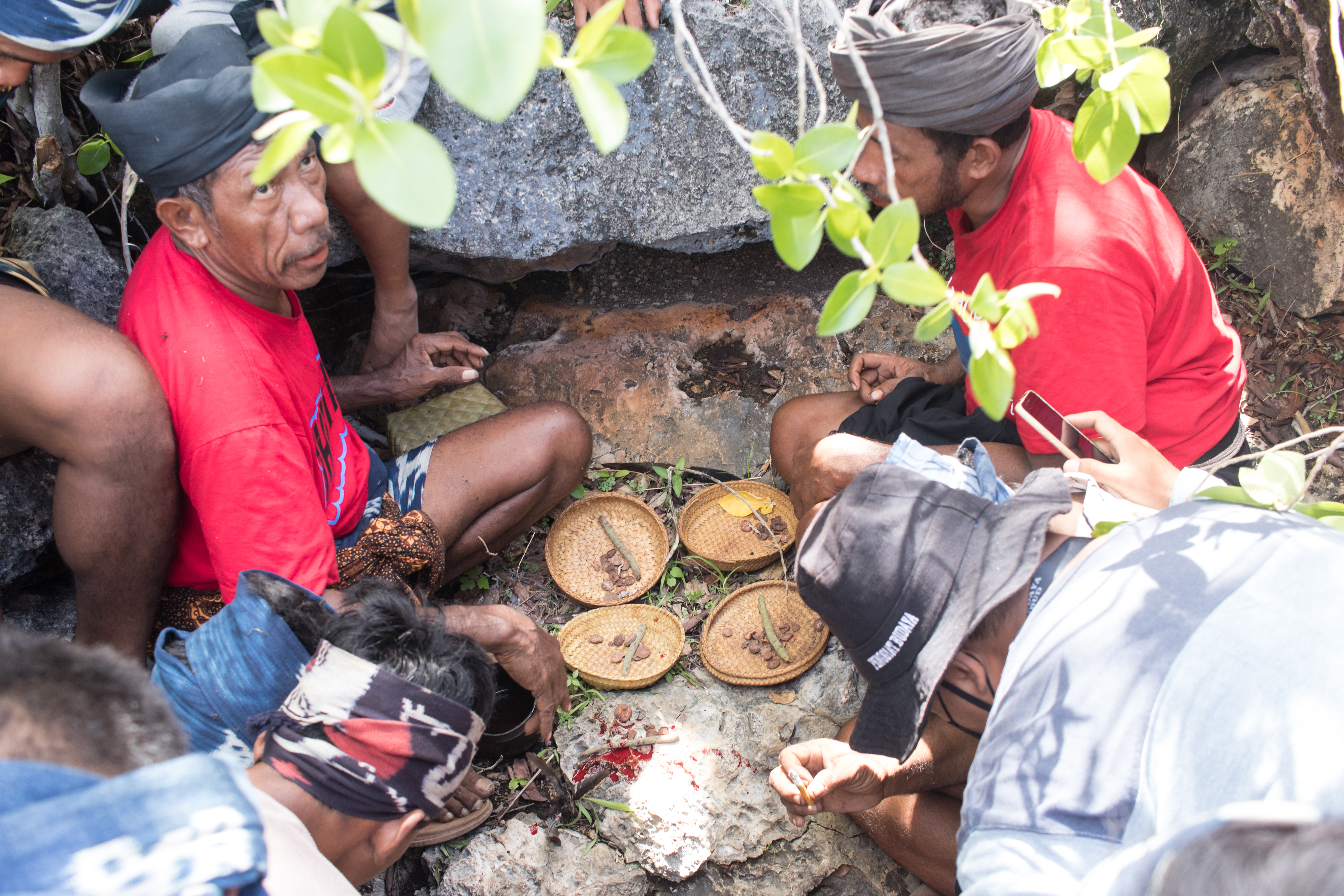
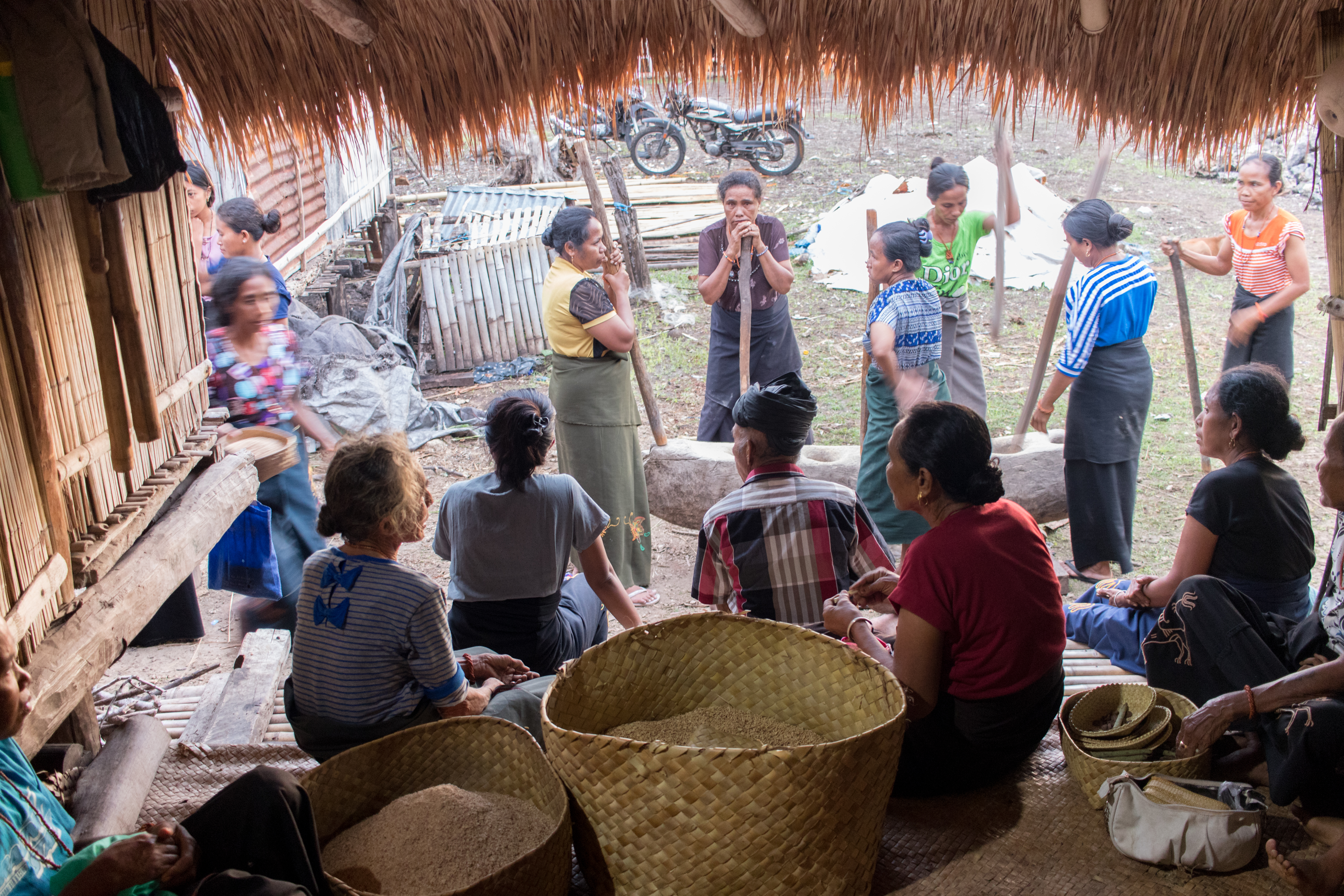
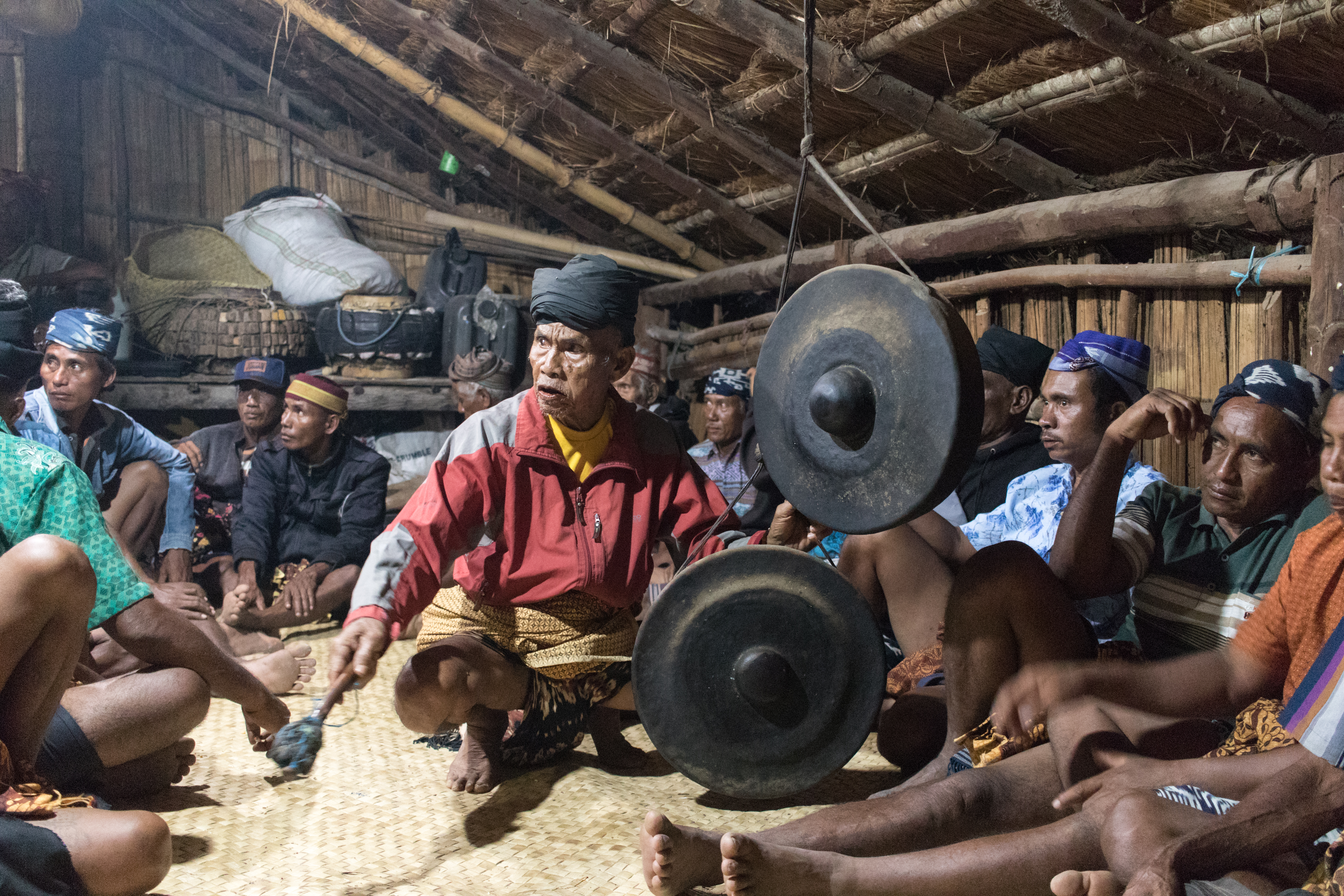
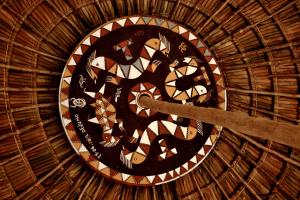

.jpeg)
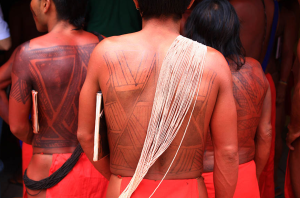
.jpg)
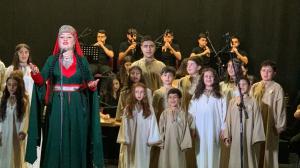
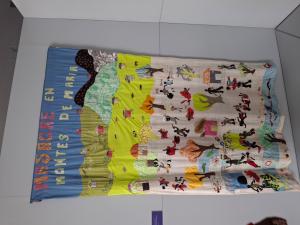

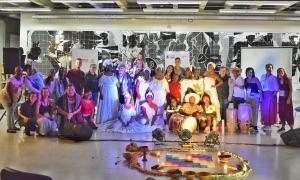
.png)
.jpg)















_(31711258567).jpg)

















